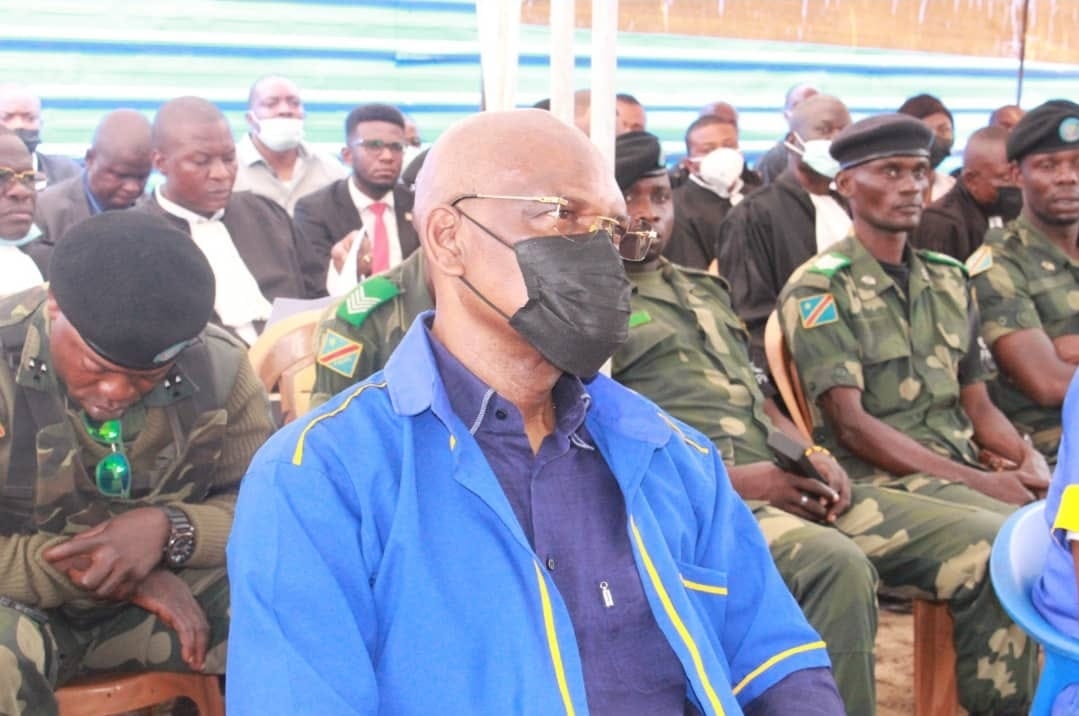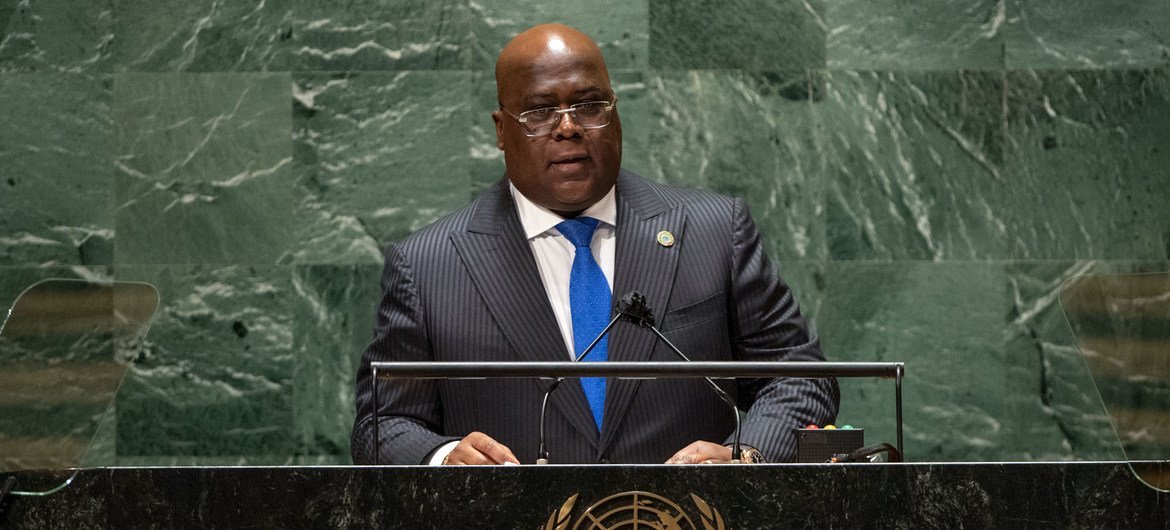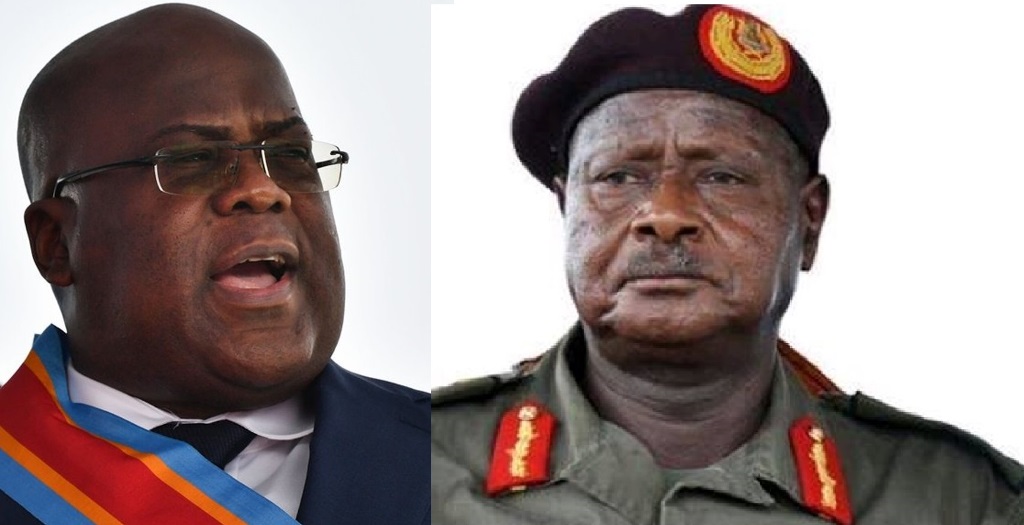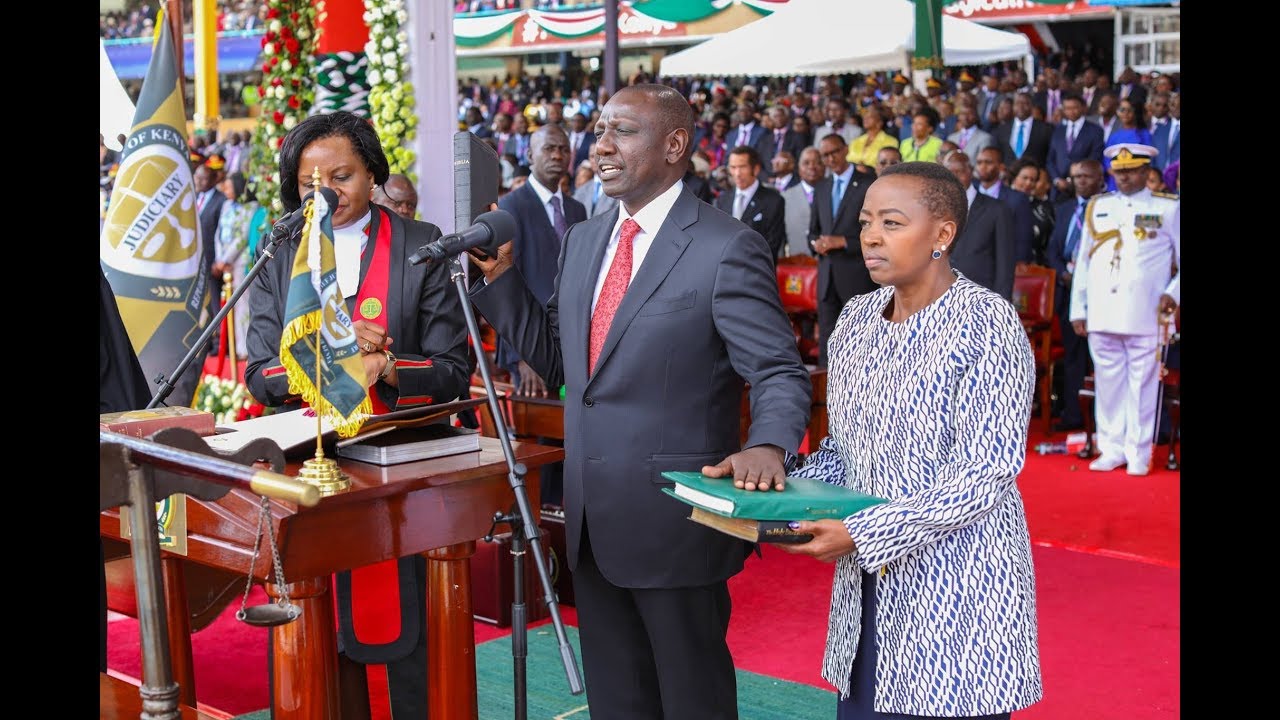Regional
Rwanda a scapegoat for Tshisekedi’s internal problems

Ever
since Félix Tshisekedi became President of the Democratic Republic of Congo, in
January 2019, he was unable to govern or even appoint a new Prime Minister in
the first six months of his term.
Former
President Joseph Kabila's 'Front Commun pour le Congo' (FCC) coalition still
had muscle and especially controlled the National Assembly and Senate.
After
a power struggle saw the coalition with allies of Tshisekedi's predecessor
break down, in April 2021, Tshisekedi formally ended his two-year coalition
with Kabila when prime minister Sama Lukonde formed a new government. Kabila’s
allies were ousted. This is the origin of the political turbulence happening now in Kinshasa.
Even
if Tshisekedi managed to put aside Kabila’s influence in political decisions,
he doesn’t have influence in the military establishment created and reformed by
Kabila who led the country for 18 years.
Tshisekedi
struggled to establish himself in a security apparatus where he lacks networks
of influence. Little by little, he tries to regain control by placing trusted
men in the army. To carry out this delicate work, the Head of State relies on
Maj Gen Franck Buamunda Ntumba, Tshisekedi's military adviser, whose methods
are considered somewhat "abrupt" in the military ranks.
Tshisekedi
seeks to dismiss the Chief of Staff of the FARDC, General Célestin Mbala, also
accused of still being loyal to Kabila.
General Ghislain Tshinkobo Mulamba
To
sideline this general, who is old enough to be retired, Tshisekedi established
a parallel military command in his office which is in charge of management of
the state of the siege in the eastern Provinces of Ituri and North Kivu, among
other things. The choice of the two
military governors of North Kivu and Ituri was imposed on the Army Chief of
Staff, Gen Celestin Mbala.
Gen
Mbala is sidelined and acts as a spectator, in the management of the state of
siege, military and diplomatic sources have told The Great Lakes Eye.
Power
struggles within the Congolese armed forces and in security organs in general,
are rife. François Beya, the president’s security advisor, was arrested, on
February 5, on suspicion of undermining state security. Beya who worked with Kabila
for more than 10 years was accused of favouring
the former head of state. He was suspected of treachery by Tshisekedi’s
entourage.
Francois Beya
While
Tshisekedi was in New York accusing Rwanda, things escalated within the FARDC High
Command where the army is increasingly divided between his loyalists and those loyal
to Kabila.
Lately,
Lt Gen Philémon Yav, one of the key generals of the Congolese military in the east
of the country was arrested. The commander of the third defense zone (five Provinces
including North and South Kivu) and military operations in North Kivu was first
recalled to Kinshasa on the orders of Tshisekedi’s military advisor, Maj Gen Franck
Buamunda Ntumba. He was interrogated, before being imprisoned in Makala prison.
Three other officers were also heard, before being released. At the same time,
75 soldiers loyal to Gen Yav, in Goma, were not allowed to carry heavy weapons.
Lt Col Yav Ilunga
There
is also the case of Major General Peter Nkuba Cirimwami, the operational
commander in Ituri. This high-ranking officer may also be arrested after Gen
Yav. He was interrogated together with his deputy commander in the Province of
Haut-Uele. Gen Cirimwami was accused of collaborating with the FDLR while operating
in North Kivu to fight the M23. This was before the M23 rebels took Bunagana.
This general was then moved to Ituri.
Maj Gen Franck Buamunda Ntumba
For
some soldiers, this arrest is only a pretext to justify the failure of the
state of siege and the Congolese army’s failure to retake Bunagana.
The arrest,
in North Kivu, of Colonel Augustin Kahombo Ambo, is another pointer to the dangerous
situation. He was suspected of poisoning a General Ghislain Tshinkobo Mulamba, the
former army chief in North Kivu who died in August.
The former leader of the presidential party,
the Union for Democracy and Social Progress (UDPS), Jean-Marc Kabund, in July,
launched his political party to oppose Tshisekedi. This was a few months after he was ousted from his
position as Vice-President of the National Assembly.
Jean Marc Kabunda
Five
months after his disgrace, Kabund held a press conference to break the silence
on his political future after being ousted from the vice-presidency of the
National Assembly and the head of the presidential party, the Union for
Democracy and Social Progress (UDPS).
"It's
over, there is nothing more to hope for with President Tshisekedi and the UDPS
which have failed. The power in place is incapable. I ask the people to
mobilize to drive Felix Tshisekedi out of power,” he told the press.
The
accusations of Kabund towards Tshisekedi include corruption. On September 15,
videos were leaked to the media showing Vidiye Tshimanga, the special strategic
advisor to Tshisekedi, offering unlimited access to mineral riches of the
country in exchange of bribes and kickbacks, includiing shares in the companies and underhand
paybacks, for himself and the president. The video exposed the real image of
Tshisekedi’s governance.
Vidiye Tshimanga
Tshisekedi’s first term in office expires in 2023, with his failures higher than his accomplishments. He has to look for someone else to blame. And that is why he spent more than half of his speech time during the 77th UN General Assembly talking about Rwanda and accusing it of being at the helm of insecurity in his country.






